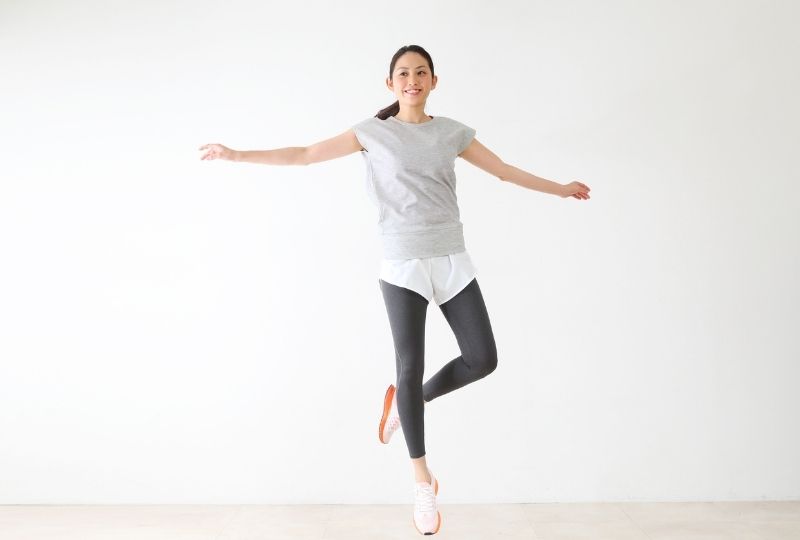Regular physical activity is not just about staying in shape—it plays a crucial role in mental health, emotional well-being, and overall happiness. Exercise has been scientifically proven to reduce stress, anxiety, and depression while boosting self-esteem, cognitive function, and emotional balance.
In this guide, you’ll learn how physical activity positively affects mental health and how to incorporate movement into your daily routine for a happier, healthier mind.
How Physical Activity Improves Mental Health
✅ Reduces stress and anxiety → Lowers cortisol levels and promotes relaxation.
✅ Boosts mood and happiness → Increases feel-good hormones like endorphins.
✅ Enhances cognitive function → Improves memory, focus, and creativity.
✅ Improves sleep quality → Helps regulate the sleep cycle and promotes deep rest.
✅ Builds confidence and self-esteem → Strengthens the mind-body connection.
Now, let’s explore these benefits in detail.
1. Reduces Stress and Anxiety
When you exercise, your body releases endorphins, natural chemicals that help reduce stress and create feelings of calmness. Physical activity also lowers cortisol levels, which are responsible for stress and anxiety.
✅ Best Exercises to Reduce Stress:
- Walking in nature 🚶♂️🌳
- Yoga and deep breathing 🧘♀️
- Swimming or cycling 🚴♂️🏊
✅ Why It Works: Exercise shifts focus away from worries and clears the mind.
2. Boosts Mood and Fights Depression
Exercise is a natural antidepressant. It increases serotonin, dopamine, and endorphins—hormones responsible for happiness and relaxation.
✅ Best Workouts for a Mood Boost:
- Dancing 💃 (releases tension and improves energy).
- Running or jogging 🏃♀️ (boosts dopamine levels).
- Strength training 💪 (builds resilience and mental strength).
✅ Why It Works: Regular physical activity reduces symptoms of depression and improves overall mood.
3. Enhances Cognitive Function and Focus
Physical activity improves blood flow to the brain, increasing oxygen and nutrients that enhance focus, creativity, and memory. Studies show that people who exercise regularly have better problem-solving skills and mental clarity.
✅ Best Brain-Boosting Activities:
- Aerobic exercises (jogging, swimming) 🏊
- Yoga and meditation 🧘♂️
- Learning new physical skills (dance, martial arts) 🥋
✅ Why It Works: Exercise stimulates brain-derived neurotrophic factor (BDNF), a protein that helps grow new brain cells.
4. Improves Sleep Quality
Regular movement helps regulate the body’s circadian rhythm, leading to deeper and more restful sleep. Exercise reduces insomnia and nighttime anxiety, making it easier to fall asleep and stay asleep.
✅ Best Exercises for Better Sleep:
- Evening walks 🚶♀️
- Gentle stretching before bed 🛌
- Low-impact exercises like tai chi ☯️
✅ Why It Works: Physical activity releases built-up tension and relaxes the body, preparing it for rest.
5. Builds Confidence and Self-Esteem
When you exercise, you feel stronger, healthier, and more in control of your body. Achieving fitness goals—big or small—can boost self-esteem and create a positive self-image.
✅ Best Confidence-Boosting Workouts:
- Strength training 🏋️ (improves physical and mental strength).
- Group fitness classes (builds a sense of community).
- Outdoor activities (boosts mood and self-awareness).
✅ Why It Works: Exercise creates a sense of accomplishment and body confidence.
How to Incorporate Physical Activity Into Your Daily Routine
🔹 Start small → 10-minute daily walks can make a difference.
🔹 Find activities you enjoy → Choose exercises that make you happy.
🔹 Make it social → Exercise with a friend or join a group class.
🔹 Schedule movement breaks → Stretch or take short walks throughout the day.
🔹 Listen to your body → Prioritize rest and recovery when needed.
Final Thoughts
Physical activity is one of the most effective ways to improve mental health naturally. Whether it’s a short walk, a dance session, or a full workout, moving your body leads to a healthier, happier mind.
What’s one physical activity you’ll add to your routine this week? 😊
